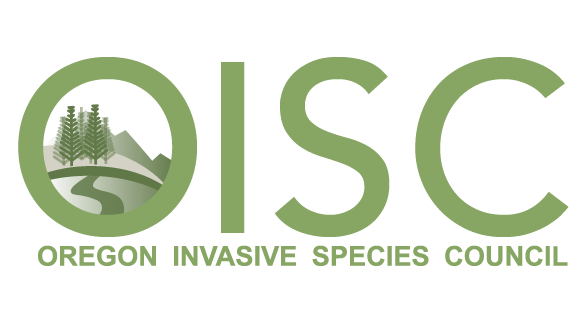Invasive quagga mussels found in Snake River increase threat to Oregon waterways
/NEWS RELEASE
Oregon Department of Fish and Wildlife odfw.com
Contact:
Rick Boatner, (503) 947-6308, rick.j.boatner@odfw.oregon.gov
Sept. 27, 2023
Invasive quagga mussels found in Snake River increase threat
to Oregon waterways;
Clean, Drain, Dry all watercraft after use
SALEM, Ore. – Quagga mussels, an aquatic invasive species, were detected on Sept. 18 in the Snake River at Twin Falls, Idaho approximately 60 miles upstream from the Oregon border.
This is the first instance of quagga mussel larvae called veligers being detected in the Columbia River basin. Veligers were found free floating in the Snake River at Centennial Waterfront Park and were not attached to any structures or watercraft.
Idaho State Department of Agriculture (ISDA) has also not found live quagga mussel larvae in any other Idaho waterbody and has activated its response plan. More information from ISDA can be found here: https://agri.idaho.gov/main/plants/snake-river-quagga-mussel-veligers.
“We are working with Idaho to stop the spread of quagga mussels and any other aquatic invasive species in Oregon,” said Rick Boatner, ODFW Invasive Species Wildlife Integrity Supervisor. “It is very important that all watercraft entering Oregon be inspected for quagga or other invaders.”
Quagga mussels can cause serious damage to lakes, streams, irrigation, and water delivery systems. If detected in Oregon, ODFW and other state agencies have the expertise, equipment, and are positioned to take quick action if needed.
ODFW has not detected the presence of quagga mussels in Oregon but has decontaminated ten watercrafts for quagga or zebra mussels and 287 watercrafts for other types of aquatic biofouling such as Eurasian Watermilfoil at inspection stations this year. Since the start of the Watercraft Inspection Stations program in 2010, ODFW has inspected 208,154 watercraft and intercepted and decontaminated 167 watercrafts with quagga or zebra mussels and 3,206 watercrafts with other types of aquatic biofouling.
Visit https://myodfw.com/articles/waterway-access-and-aquatic-invasive-species-permits to learn more about preventing the spread of aquatic invasive species.
ODFW reminds the public that all vehicles towing or carrying watercraft into Oregon must stop at any watercraft inspection station that is open to inspect for aquatic invasive species.
Stations are open if large, orange Boat Inspection Ahead signs are posted, followed by Inspection Required for All Watercraft.
A watercraft is considered any size or type of motorized or non-motorized boat such as a kayak, canoe, raft, or stand-up paddleboard.
Inspection station locations and operating hours:
Ashland: I-5 at the Ashland Port of Entry. Open daily, year-round, during daylight hours.
Ontario: I-84 at the Ontario Rest Area. Open daily, year-round, during daylight hours.
Umatilla: Hwy 395 at the Umatilla Port of Entry. Open until Oct. 25, Thursday to Monday during daylight hours.
ODFW encourages everyone to take simple actions to avoid spreading aquatic invasive species such as quagga mussels, by following the Clean, Drain, Dry process.
Clean shoes, waders, life vests, boat hulls and engines, trailers and other equipment by removing all visible plants, algae, and mud. Use a stiff-bristled brush to clean equipment.
Drain any accumulated water from boats or gear–including water used in cleaning–back into the lake, stream, or other waterbody from which it came.
Let boats or gear fully dry before using again.
If you find quagga mussels on a vessel, please report them to the Oregon Invasive Species hotline by calling 1-866-INVADER or visiting https://oregoninvasiveshotline.org.
